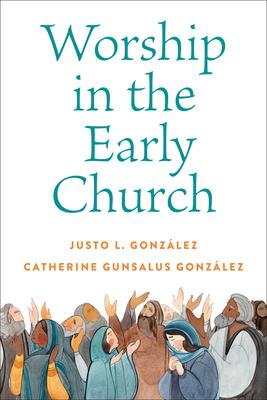While many histories of Christian worship exist, this project undertakes a task both more focused and more urgent. Rather than survey the whole history of the Christian church, it focuses on the formative period between the first and fifth centuries CE, when so many of the understandings and patterns of Christian worship came to be. And rather than include such developments as the monastic hours of prayer and the history of ordination, the authors deal primarily with those aspects of worship that recur on a weekly or regular basis: preaching, Eucharist, and baptism. The book divides its subject into three period. It begins with the emerging worship of the New Testament era. It moves to the second and third centuries, when the church's main tasks of establishing its identity in relation to its Jewish roots and making its way in a hostile Roman environment showed up in its theology and practice of worship. And it concludes with the fourth and fifth centuries, when introducing the increasing numbers of converts after Constantine to Christian faith became one of the highest priorities of the church's worship. This resource will serve as a valuable guide to the historical developments that brought about Christian worship as we know it today.

While many histories of Christian worship exist, this project undertakes a task both more focused and more urgent. Rather than survey the whole history of the Christian church, it focuses on the formative period between the first and fifth centuries CE, when so many of the understandings and patterns of Christian worship came to be. And rather than include such developments as the monastic hours of prayer and the history of ordination, the authors deal primarily with those aspects of worship that recur on a weekly or regular basis: preaching, Eucharist, and baptism. The book divides its subject into three period. It begins with the emerging worship of the New Testament era. It moves to the second and third centuries, when the church's main tasks of establishing its identity in relation to its Jewish roots and making its way in a hostile Roman environment showed up in its theology and practice of worship. And it concludes with the fourth and fifth centuries, when introducing the increasing numbers of converts after Constantine to Christian faith became one of the highest priorities of the church's worship. This resource will serve as a valuable guide to the historical developments that brought about Christian worship as we know it today.